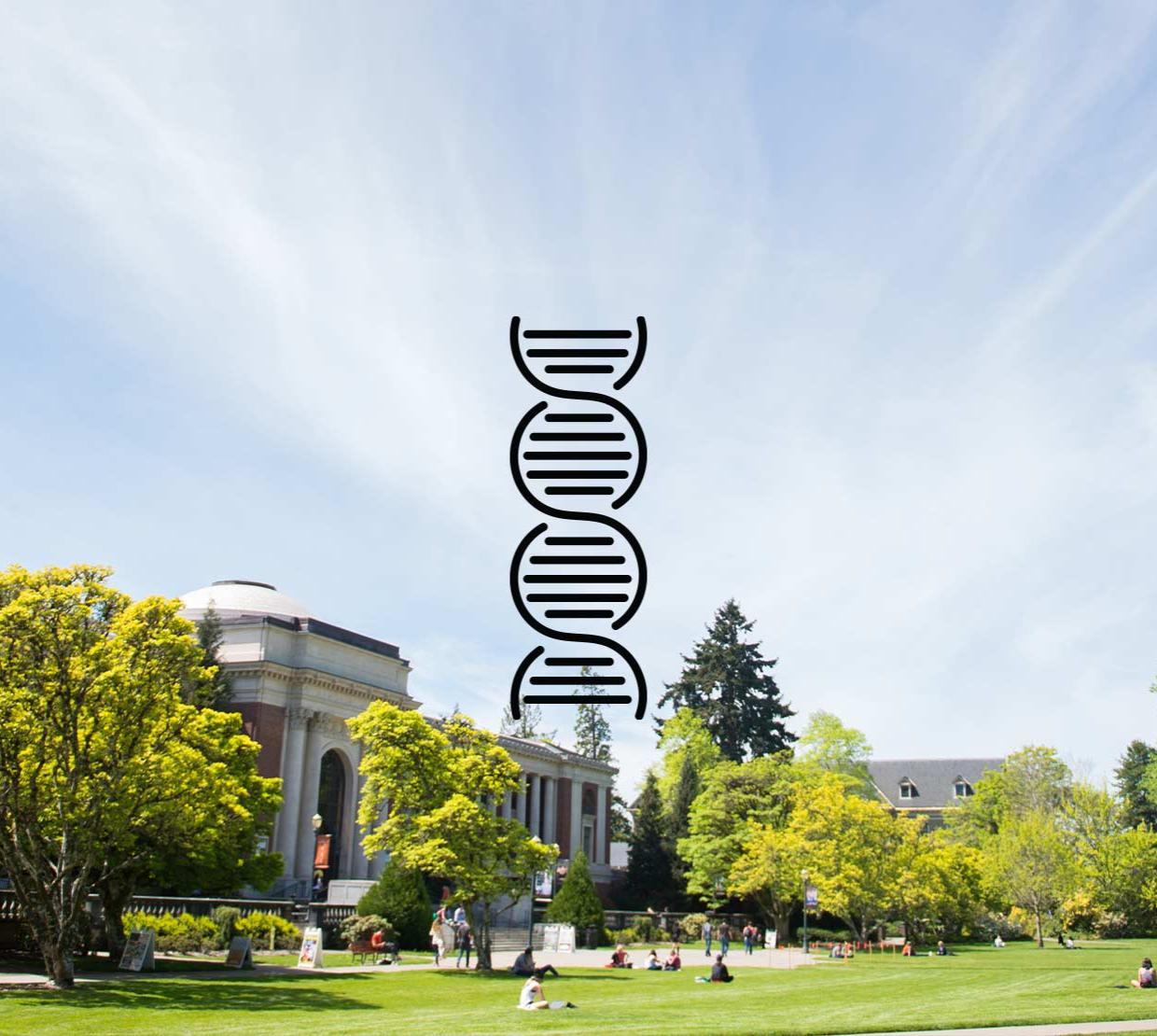This week the Department of Biochemistry and Biophysics is hosting its first-ever Genetic Code Expansion (GCE) workshop organized by Ryan Mehl, BB Professor and Unnatural Protein Facility Director, and Kari van Zee, BB instructor. Sponsored by NSF, the College and the BB department, this week-long course has 18 attendees, with a number of participants from underrepresented groups in STEM.
Individuals will receive training in GCE technology while working on the proteins and unnatural amino acids that are most critical to the research or teaching they want to do back at their home institution.
Mehl's research on genetic code expansion seeks to generate a bioorthogonal ligation—by developing tetrazine-containing amino acids— that can be used in site-specific cells to enable new avenues of scientific inquiry. According to Mehl, this controlled modification of biomolecules “will have great potential for controlling individual protein interactions and locations, imaging proteins and construction of biomaterials.” The project will have broad educational and scientific impact.
Mehl’s project will have a broad educational and scientific impact. The genetic code expansion tools developed through the project will be used to train scientists and will be distributed via the Unnatural Protein Facility. The program will also offer fellowships to underrepresented scientists in the Facility’s training courses. Undergraduate and graduate students will use the genetic code expansion platform in labs to learn chemical biology and how engineering chemical modification is possible and critical for understanding and manipulating their function.




